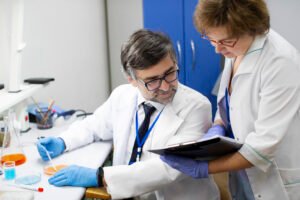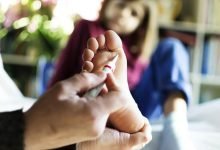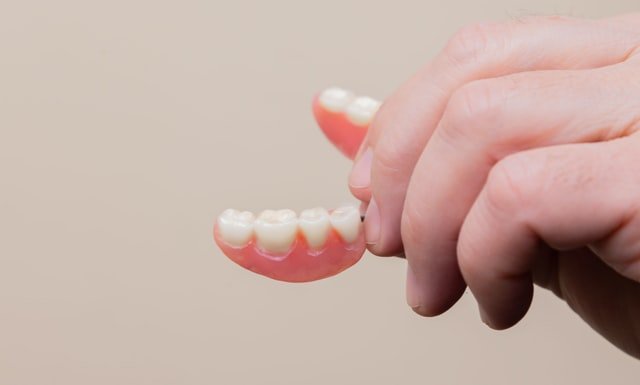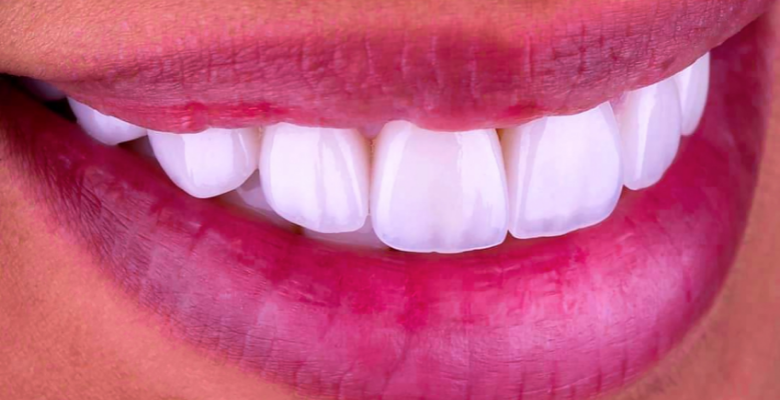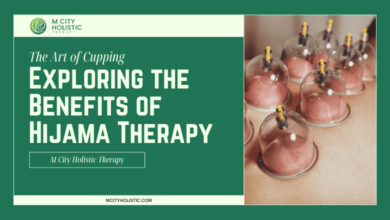What You Need to Know About TB Skin Testing and Why It Matters
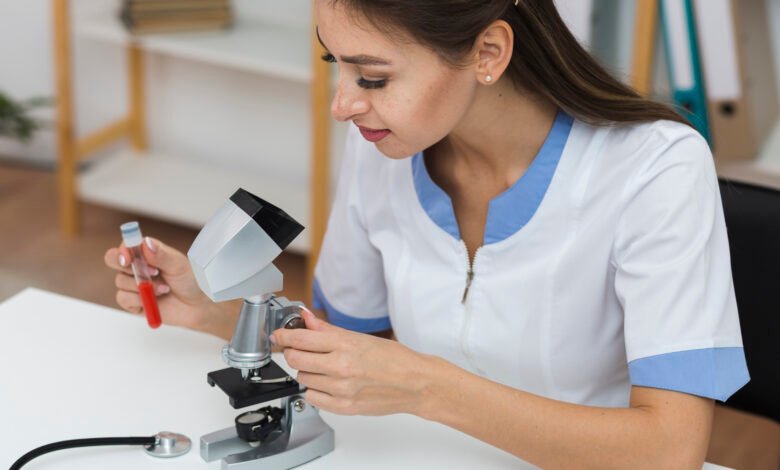
Tuberculosis (TB) is a serious infectious disease caused by bacteria that attack the lungs. While it’s preventable and treatable, early detection is crucial to prevent its spread and complications. One of the key tools used for TB screening is the tuberculin skin test (TST). If you’re in Mississauga and have concerns about TB exposure, understanding the TST is essential.
What is a Tuberculin Skin Test (TST)?
The TST is a simple skin test that checks for past exposure to TB bacteria. It involves injecting a small amount of purified protein derivative (PPD) under the top layer of your skin, usually on the forearm. After 48-72 hours, a healthcare professional trained in interpreting skin tests will measure the size of any swelling or redness at the injection site.
Why is TB Skin Testing Important?
There are several reasons why TB skin testing is crucial:
- Early detection: TB can remain dormant for years before symptoms appear. The TST helps identify individuals with latent TB infection (LTBI), allowing for early treatment and preventing them from developing active TB disease and spreading it to others.
- Protecting vulnerable populations: People with weakened immune systems, such as young children, the elderly, and those with HIV/AIDS, are more susceptible to developing active TB from LTBI. Identifying LTBI in these groups allows for preventive treatment and protects them from severe complications.
- Public health control: TB remains a global health concern. Regular screening, especially in high-risk groups, helps prevent outbreaks and control the spread of the disease.
Who Needs a TB Skin Test?
The need for a TST depends on various factors, including:
- Exposure risk: Individuals who have had close contact with someone diagnosed with TB are at higher risk and should undergo testing.
- Symptoms: People experiencing persistent cough, fever, night sweats, and unexplained weight loss may require a TST to rule out TB.
- Occupation: Healthcare workers, teachers, and others in high-risk professions might need regular TB testing.
- Travel history: Travel to countries with high TB prevalence may necessitate testing, especially for individuals with weakened immune systems.
What Happens After a TST?
The interpretation of a TST result depends on the size of the skin reaction and your individual risk factors.
- Positive reaction: A positive reaction (swelling exceeding 5mm) indicates potential LTBI. Your healthcare provider may recommend further testing, such as a chest X-ray or blood test, to confirm the diagnosis and determine the need for treatment.
- Negative reaction: A negative reaction (little to no swelling) suggests no LTBI. However, depending on your risk factors, your doctor might recommend repeat testing in the future.
Where to Get a TB Skin Test in Mississauga
Aboud Health Group in Mississauga offers comprehensive primary care services, including TB skin testing. Our team of experienced healthcare professionals can discuss your risk factors, perform the TST, and interpret the results. We also offer a wide range of other services, including:
- STD testing: Get confidential and accurate testing for sexually transmitted diseases.
- Family medicine: Receive comprehensive care for all your family’s health needs.
- Walk-in clinic: Access convenient care for minor illnesses and injuries.
Remember
TB skin testing is a vital tool for early detection and prevention. If you have concerns about TB exposure, don’t hesitate to schedule an appointment with Aboud Health Group. We’re committed to providing you with the highest quality care and ensuring your health and well-being.
Conclusion
By providing informative content and including relevant interlinking keywords, this blog aims to educate readers about TB skin testing and encourage them to seek appropriate care if needed. It also promotes the services offered by Aboud Health Group, making it a valuable resource for the Mississauga community.


